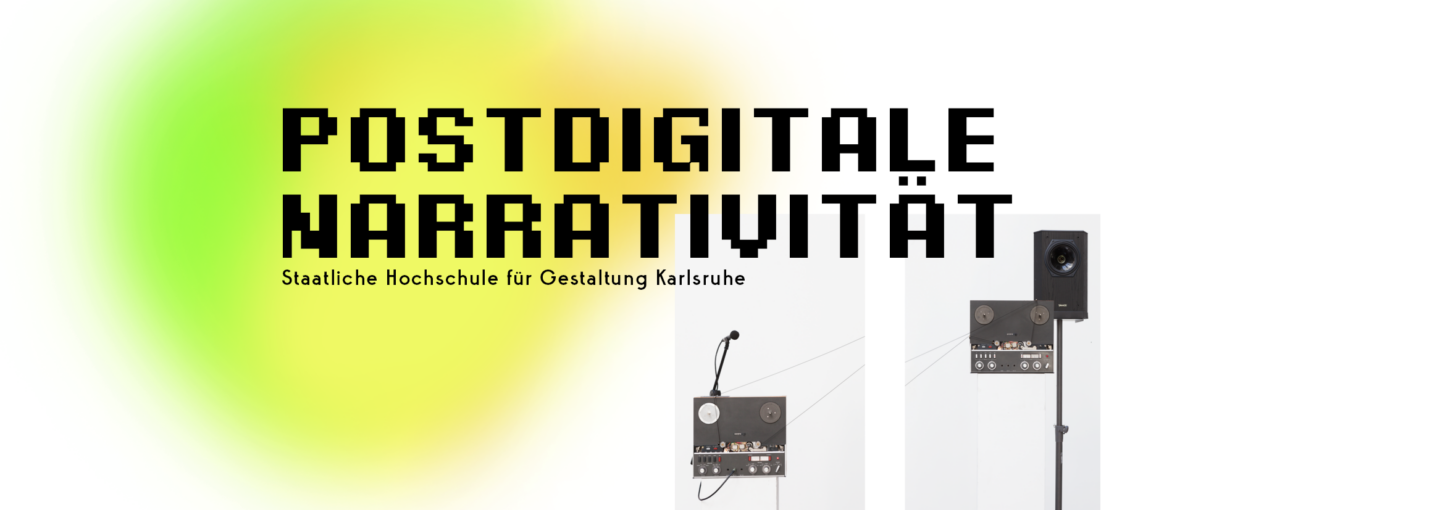Every generation has not only the right, but also the inner drive to define it’s own existentialism. The need to install a fundamental notion of time into consciousness has always moved the way people grasp the significant conflict of their world. But what could an existential conflict be in a world dominated by mass media that tends to place human beings as a variable within a logical system?
I want to argue in my contribution, that this generation’s struggle manifests itself in contemporary games. Games make believe in the absurd; or in other words: Games create reason out of the unreasonable. A generation without an existential conflict redefines their personal notion of existence through the paradoxicality of the artificial. By accepting the “As-If”-structure, which is the minimal condition of every playful activity, the participant is devoting himself to a secret knowledge which promises a peak behind the curtain of reality.
The rise of digital games as a mass medium in recent years has not only opened up the main achievements of media art for a broader audience, but has outlined “game-play” as a fundamental mediating activity of mankind. It alters not only aspects of aesthetic experience, but also the way we define, describe, and communicate reality. We have become accustomed to finding information online that we didn’t know we were searching for, as well as communicating with other humans via playful algorithmic online platforms. Through work and consumption we are collecting points, and while doing this we are constantly wary of Rabbit Holes, which show that the world is not as it seems. The question remains: Are we working or playing as we do all these things? The playful diffusion of games into of our social, economical and political existence guarantees a very exciting era, in which we view the world through the eyes of a child; observing the phenomena around us as if for the first time.
Adam Rafinski (* 1983 Chorzów, Poland) is a researcher, philosopher, art and media theorist, and media artist. His work focuses on the aesthetics of digital culture, the role and embodiment of the subject, playfulness in culture and art, as well as the issue of presence in performance art.
Since 2007 he has performed under the title “I am here”. His performances have taken place in Karlsruhe, Berlin, and New York among other locations. In 2010 he graduated in Art and Media Theory at the University of Art and Design (HfG) writing his thesis on the Experience of Digital Games under Prof. Boris Groys and Prof. Wolfgang Ullrich. Since 2010 he has been a lecturer at the Media Art Department and Institute for Postdigital Narratives of the HfG and co-founder of their GameLab. He conducts theory classes on digital games and the culture of play.
